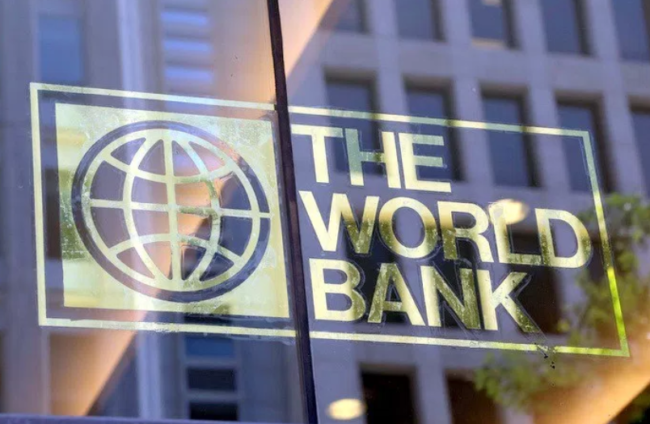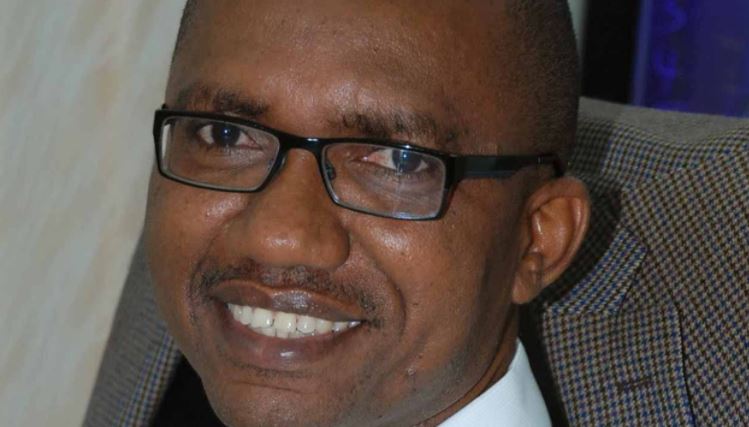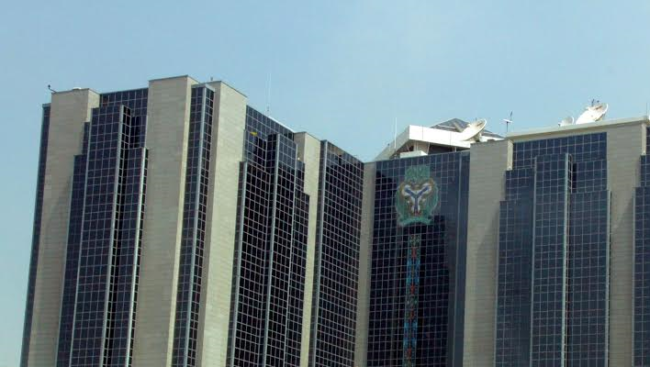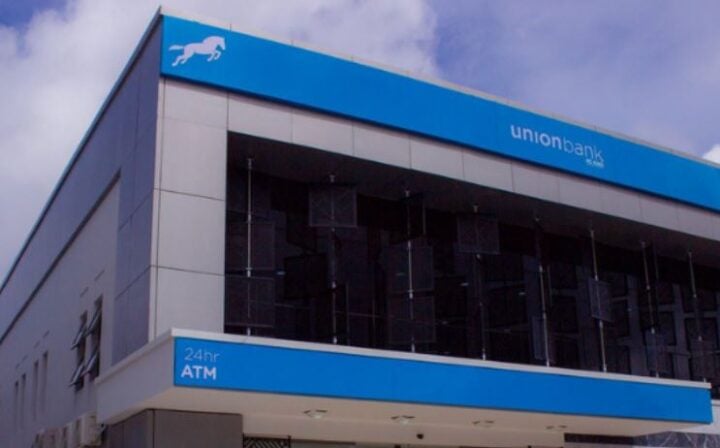The World Bank has said growth in Sub-Saharan Africa (SSA) countries may shrink by 3.3 percent in 2020, on the back of economic fallout caused by the COVID-19 pandemic–pushing the region into its first recession in 25 years.
Albert Zeufack, World Bank’s chief economist for Africa regions, said this at the launch of the latest Africa Pulse report, SSA bi-annual macroeconomic analysis.
“What is clear from our report is that we have a sharp contraction in economic activities. The COVID-19 has taken a large toll on African economies and it’s threatening to erase a decade of hard earned economic progress in the continent,” Zeufack said.
“Gross domestic product (GDP) per capita will record a decline of close to six percent in 2020 and by 2021, GDP per capita would have decreased to the level where it was in 2007, that’s 13 years of progress completely erased.
Advertisement
“A number of African countries, in fact, most of them, will emerge from the crisis with deeper fiscal deficit and debt burden.
“Fiscal deficit will increase by 3.5 percent across the continent. Debt is likely to reach 67 percent in 2021 and that makes it dangerous.”
The World Bank said among oil exporters, real GDP is projected to fall by more than four percent in 2020, due to contractions in Angola and Nigeria and the substantial downturn in economic activity will cost SSA at least $115 million in output losses this year.
Advertisement
It said the pandemic could drive up to 40 million people into extreme poverty in Africa in 2020, erasing at least five years of progress in fighting poverty.
Zeufack, however, said: “The road to recovery may be long, and it may be steep, but prioritizing policy actions and investments that address the challenge of creating more, better and inclusive jobs will pave the way for a faster, stronger and inclusive recovery for African countries”.
According to the Africa Pulse report, the road to recovery will also require massive investments across countries, as well as financial support from the international community.
“Several countries, including South Africa, Nigeria, and Ethiopia, have already begun implementing long-needed reforms in energy and telecommunications spurred by the current crisis, and 25 percent of African firms have accelerated the use of digital technology and increased investments in digital solutions,” it said.
Advertisement
Add a comment






